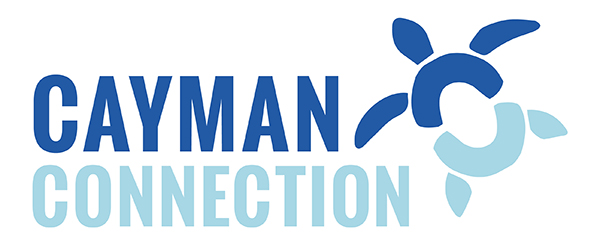Antonio Arch
“This book changed my life.”
Or there’s the more promising prophecy that “this book will change your life.” We’ve all seen the cliché used and over-used across publishing. You would think that by now we would be immune to the appeal and draw of marketing that’s so transparently misleading, and yet I recently found myself several chapters into a book by Marie Kondo on how I can change my life by embracing her KonMari method of organisation. We parted ways, Ms. Kondo and I. She lost me at the part where I’m expected to get rid of my beloved books, and that sort of hard-line control sounds more like a cult than a method for organising your life. I highly recommend The Joy of Leaving Your Sh*t All Over the Place instead. That’s the actual name of the book, in case you plan to call the Glass House or my family about the profanity.
The only book I recall getting rid of was Marie Kondo’s. In writing school, I learned that this is called irony. But (I also learned that it’s perfectly acceptable to begin a sentence with but) while studying literature these past so-many years, I have become convinced that while one book probably won’t change much, reading many books by theme, subject or genre can change you for the better. I’m not exaggerating, and there is a growing body of research that all but confirms that reading, especially literary and historical fiction, has a measured effect on the brain and improves empathy, cognitive ability, and memory. In one study the brain activity of volunteers was monitored and recorded before, during, and after reading a few paragraphs of Jane Austen. Increased activity in the empathy centres of participants’ brains was marked, heightened, and protracted, and the data and conclusions could suggest that we humans need books, fiction, and stories for far more than just entertainment. We need stories to share, inform, teach, and learn life’s lessons…
